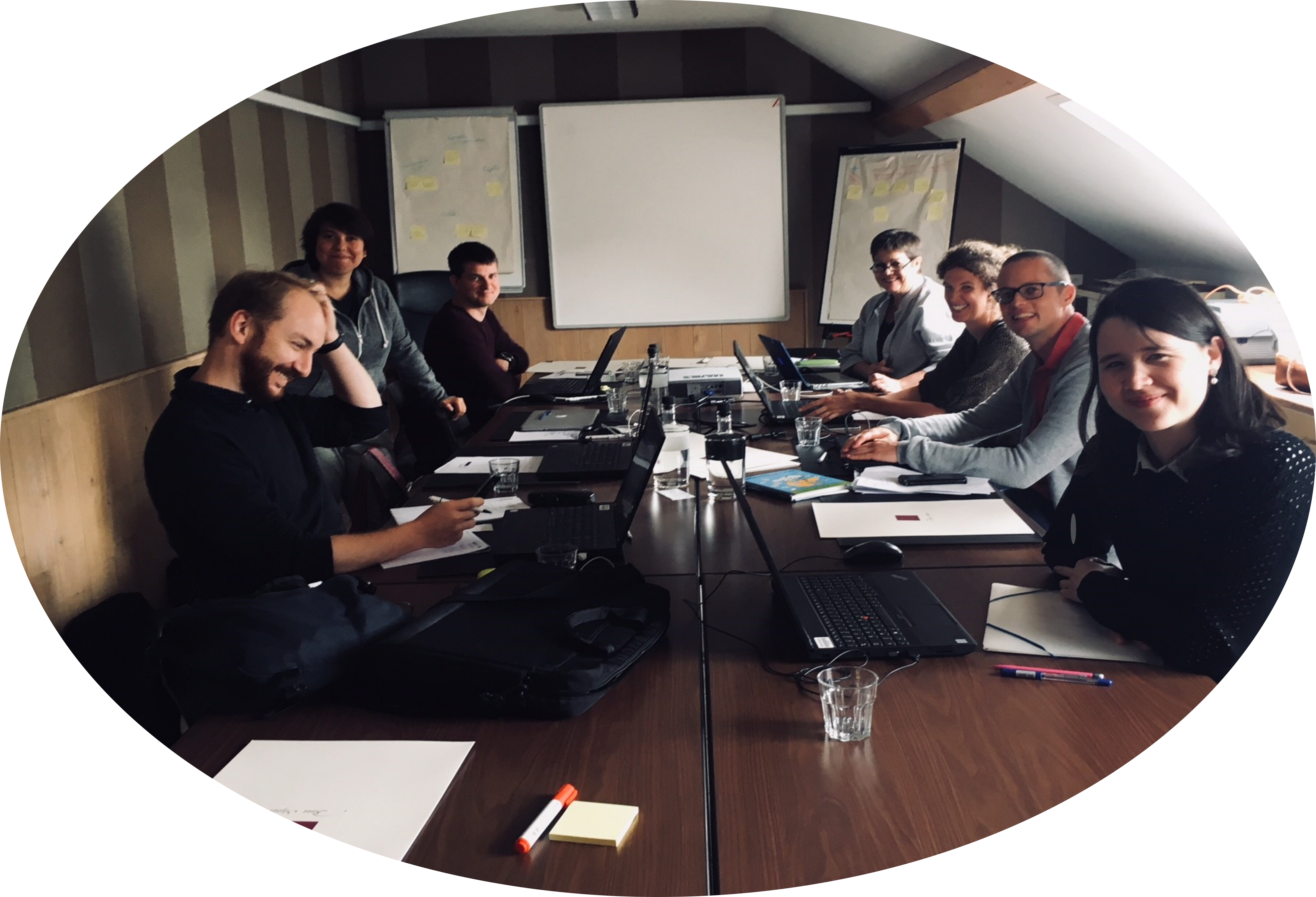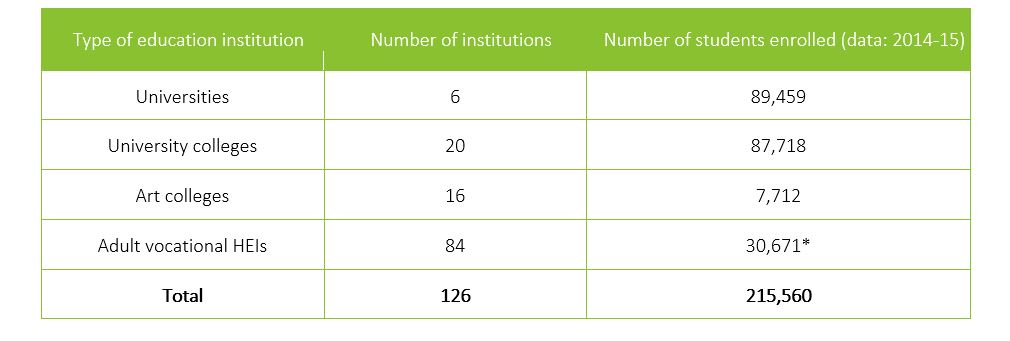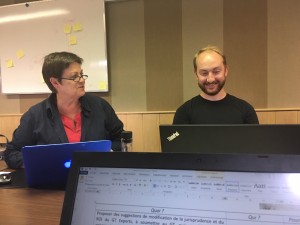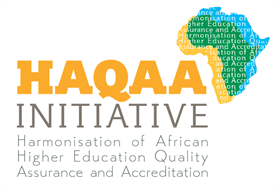Read this in: French
Name of agency: Agence pour l’évaluation de la qualité de l’enseignement supérieur (AEQES)

Country: Belgium, Walloonia-Brussels Federation (WBF)
Name and position of interviewee: Eva Jaroszewski, evaluation manager and more particularly in charge of coordinating the last self-evaluation report and the site-visit of the ENQA panel.
Size/description of the higher education system:
The WBF offers higher education study programmes in four sectors: the humanities and social sciences; health; science and technology; art. They are provided by various institutions, classified according to the type of education they offer: universities, university colleges, art colleges and adult vocational HEIs.

*data for 2012-2013
Higher education studies are organised in 3 cycles:
- First cycle studies include between 120 and 240 ECTS and lead to the bachelor’s degree. This degree may be either ”transitional” (i.e. aimed mainly at preparing graduates for the master’s degree cycle) or “professionalising.”
- Second cycle studies include between 60 and 180 ETCS (generally 120 ECTS) and lead to the master’s degree.
- Third cycle studies include doctoral training and preparation of a doctoral thesis.
When was your agency established?
AEQES was created in 2002 (and reorganised in 2008).
Size of your agency:
There are now ten staff members (9.4 full-time equivalents), with 4 different positions (Head of unit, Accountant, Administrative assistant and Evaluation manager).
 Main activities of your agency:
Main activities of your agency:
- AEQES carries out a formative, programme-based evaluation process in the WBF, in a context where an authorisation is granted ex-ante by the Government. The results of the evaluations conducted by AEQES therefore have no formal effects in terms of an institutions’ funding or authorisation to operate. AEQES is not an accreditation agency, in other words. Moreover, it does not carry out any scoring or ranking of institutions.
- AEQES autonomously develops the procedures used for assessing the quality of teaching and learning for degree programmes at levels 5, 6 and 7 of the European qualifications framework, in the institutions authorised by the WBF.
What was the purpose of the external review?
AEQES was reviewed by ENQA in 2011 and in 2016. The reviews evaluated the way in which and to what extent AEQES fulfils the criteria for the ENQA membership and thus the Standards and Guidelines for Quality Assurance in the European Higher Education Area (ESG). At the end of this reviews, AEQES was granted full member of ENQA and registered on EQAR.
How did you organise the preparation of your self-assessment?
The second self-evaluation relied on the experience of the first review (2010-2011), against the broader background of the Agency’s own assessment of its current positioning and future development.
Three working groups (WGs) set up by the AEQES Steering Committee have in fact had pursued tasks more or less simultaneously:
- The “Strategy and Methodology” WG has devised a strategic diagnosis based on recurrent questionnaires sent to the institutions and to the experts after evaluation visits. It then engaged in a broad prospective consultation. Its work was used to build up the AEQES Strategic Plan 2016-2020, approved by the Steering Committee in December 2015.
- A second group, the “Methodological developments” WG, embarked on a comparative study of quality assurance systems in the European Higher Education Area (EHEA) to define development scenarios for the WBF. An interim report was produced in April 2016, as the first step before a broad consultation of AEQES stakeholders.
- A third working group, the “Self-evaluation” WG, was tasked with the actual drafting of the AEQES self-evaluation report. It met seven times between April 2015 and January 2016 and proceeded in three stages to: (1) define the method for this review and an in-depth analysis of the 2015 ESG; (2) compile evidence and useful documents, in particular works by other WGs, and various sections of the report; and (3) present the report for approval at an extraordinary meeting of the members of the Steering Committee. Furthermore, this WG was also tasked to contribute to the organisation of the ENQA panel visit.
Several actions have been taken to ensure consistency between the overall progress of these three WG’s concomitant work: presenting interim reports of the WGs at the monthly plenary meetings of the Steering Committee, putting the minutes of the WG meetings on the Agency’s intranet, regularly updating all staff members during the Executive Unit’s internal meetings, and, for some staff members, participating to two or three of these WGs.
Finally, it is worth noting that other works or activities have fed the self-evaluation process: master thesis carried out by AEQES interns, a study carried out with an applied research methodology of group analysis, a publication that analyses the different reports published by AEQES against the Part 1 of the ESG, etc.


